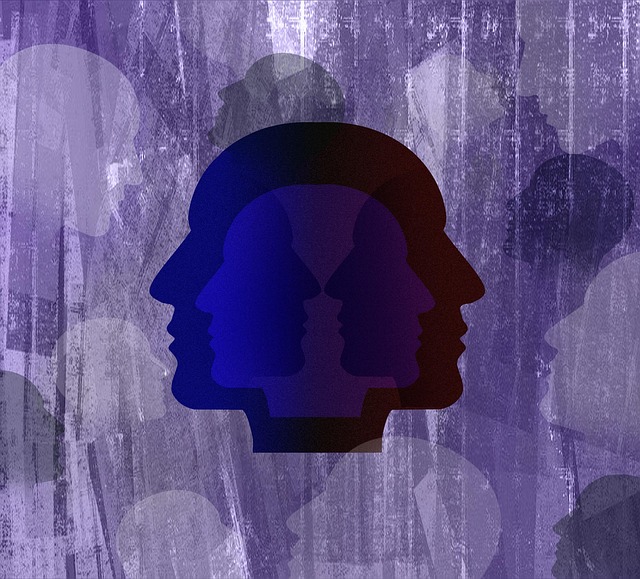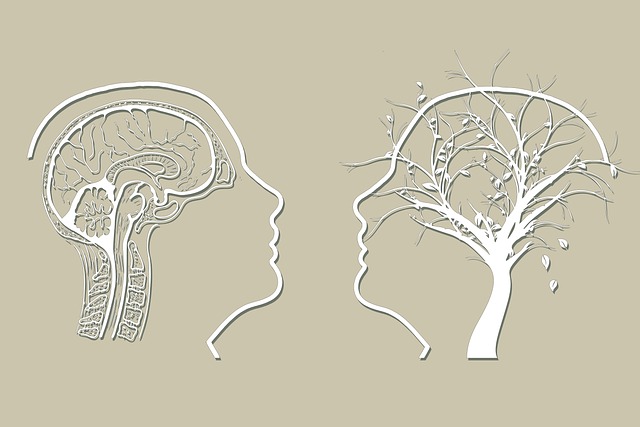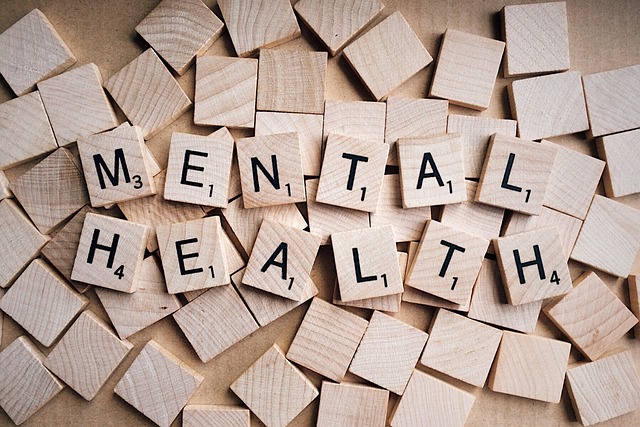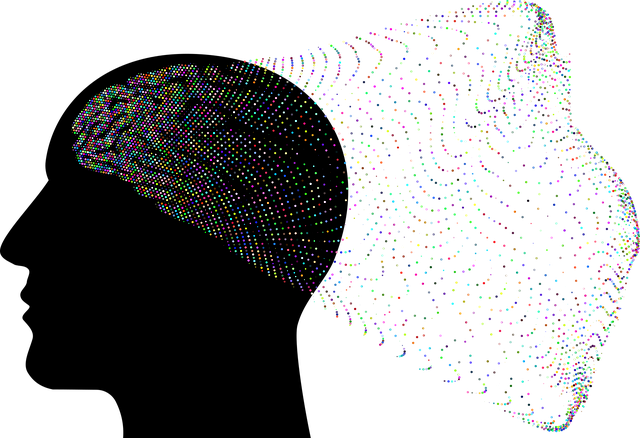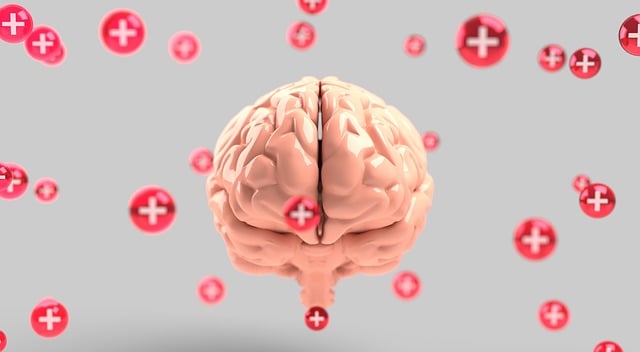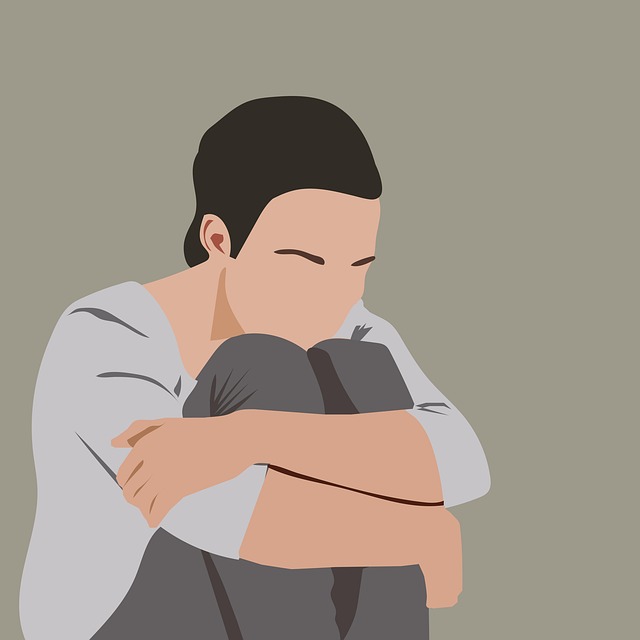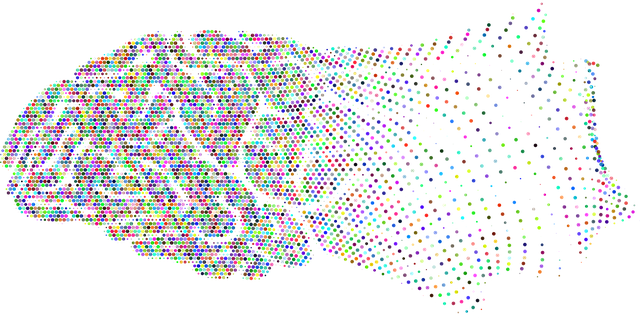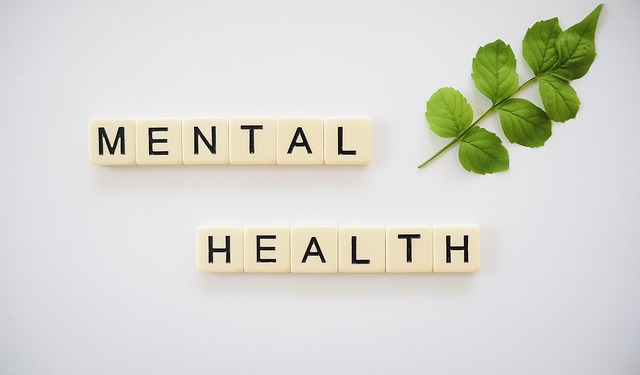Loss significantly impacts teenagers and young adults (TYAs), who face unique challenges due to developmental stages, peer pressure, and academic demands. Early intervention through tailored therapy is crucial for their well-being, offering a safe space to explore emotions like sadness, anger, confusion, and guilt without stigma. Mental health initiatives emphasize the effectiveness of counseling in managing TYA emotional health, preventing burnout, and reducing loss-related mental illness. Grief therapy provides specialized support, using strategies such as CBT, group therapy, and art/music therapy to address unique TYA grief processing needs, ultimately promoting emotional well-being.
Loss, grief, and bereavement can profoundly impact adolescent teens and young adults, shaping their emotional landscape and future relationships. This article explores these complex experiences and delves into the crucial role of counseling as a powerful tool for healing. We examine strategies and techniques for effective grief therapy tailored to meet the unique needs of this demographic, offering hope and support for navigating the difficult journey towards emotional recovery. Discover how therapy empowers young individuals to process loss and reclaim their well-being.
- Understanding Loss, Grief, and Bereavement in Teens and Young Adults
- The Role of Counseling in Supporting Emotional Healing
- Strategies and Techniques for Effective Grief Therapy
Understanding Loss, Grief, and Bereavement in Teens and Young Adults

Loss, grief, and bereavement are profound experiences that can significantly impact teenagers and young adults. This demographic often faces unique challenges when navigating these emotions due to various factors such as developmental stages, peer pressure, and academic demands. Understanding and addressing these issues is crucial for their well-being and development.
The process of grieving involves a range of reactions, from sadness and anger to confusion and guilt. For adolescents and young adults, therapy can provide a safe space to explore these feelings without stigma. Mental health awareness initiatives emphasize the importance of early intervention to prevent burnout and promote healthy coping mechanisms. Through counseling, individuals can learn effective strategies to manage their emotions, improve resilience, and reduce the impact of mental illness associated with loss. This tailored approach ensures that this vulnerable group receives the support they need during trying times.
The Role of Counseling in Supporting Emotional Healing

Counseling plays a pivotal role in supporting individuals through the emotional healing process after loss, grief, or bereavement. It provides a safe and non-judgmental space for teens, young adults, and adults alike to express their feelings and work through complex emotions. Through therapy, individuals can develop healthy coping mechanisms, gain insights into their grief journey, and learn valuable communication strategies. These strategies are essential in navigating relationships and social interactions while processing their loss.
Incorporating compassion cultivation practices within counseling sessions has proven to be an effective method for promoting emotional well-being. By fostering self-compassion and empathy towards oneself and others, individuals can better manage the intense emotions associated with bereavement. This, coupled with evidence-based Emotional Well-being Promotion Techniques, enables clients to heal at their own pace and in their unique ways. The therapeutic process empowers them to find meaning and resilience, allowing for a gradual transition towards adapting to life after loss.
Strategies and Techniques for Effective Grief Therapy

Grief therapy leverages a range of strategies and techniques to help individuals navigate and process their emotions during difficult times. For adolescents, teens, and young adults, tailored approaches are essential as this demographic often faces unique challenges in expressing and managing grief. One effective method is cognitive-behavioral therapy (CBT), which focuses on identifying and changing negative thought patterns associated with loss. This can help individuals reframe their perspectives and develop healthier coping mechanisms.
Additionally, group therapy sessions facilitate a sense of community and shared experience, enabling participants to learn from one another while receiving support. Art and music therapy are also valuable tools that allow for non-verbal expression of emotions, which can be particularly beneficial for those who struggle with verbalizing their feelings. In the context of mental wellness promotion, these therapeutic approaches, when incorporated into a comprehensive Mental Wellness Podcast Series Production or Public Awareness Campaigns Development, can contribute to burnout prevention, emphasizing the importance of addressing grief in fostering overall resilience and emotional well-being.
Loss, grief, and bereavement can profoundly impact adolescent teens and young adults, but counseling plays a pivotal role in facilitating emotional healing. By understanding the unique challenges faced by this demographic, therapists can employ effective strategies and techniques tailored to their needs. Through therapy for adolescent teens and young adults, individuals can navigate the complexities of grief, develop coping mechanisms, and eventually find solace and growth amidst loss.
